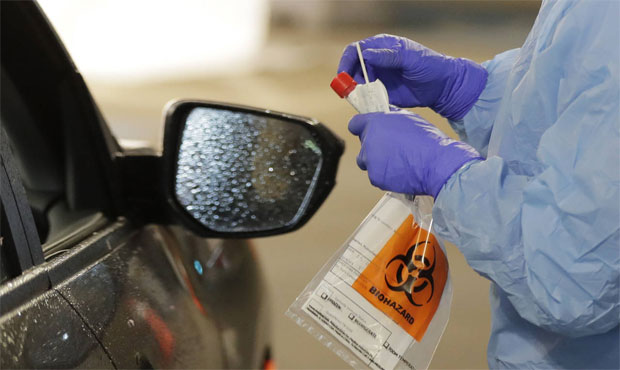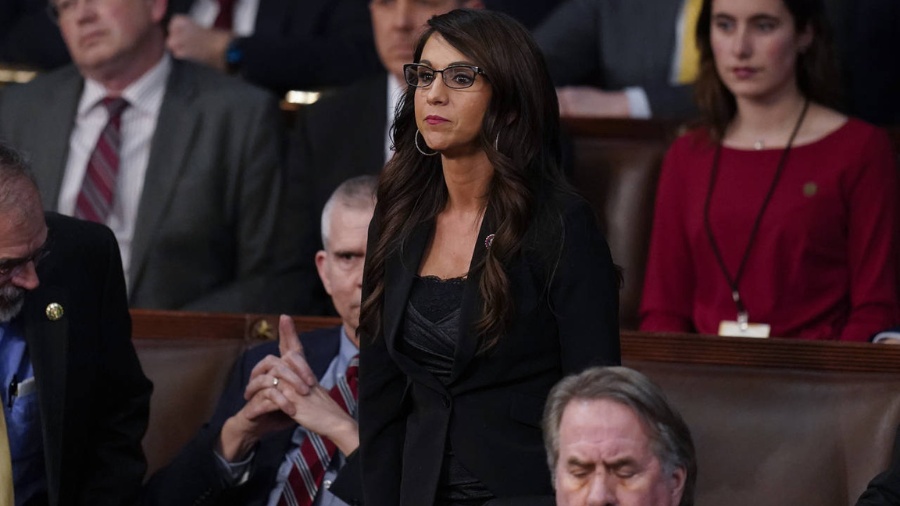Can the medical system and patients afford coronavirus-related costs?
Jun 15, 2020, 12:31 PM | Updated: 2:30 pm

Workers at UW Medicine's drive-through testing facility. (AP Photo/Ted S. Warren)
(AP Photo/Ted S. Warren)
As we see a second surge of COVID-19, one of the questions coming up is what the cost is going to be for medical treatment. KIRO Radio’s Dave Ross noted a recent Seattle Times article in which a 70 year-old coronavirus patient ended up in the hospital for several weeks at a cost of $1.1 million.
Can the medical system afford this expense? Tacoma MD Dr. Gordon Cohen joined Seattle’s Morning News to discuss.
“What is the actual cost of providing medical care for all these patients? We don’t even have any idea what the answer is to that because, first of all, we don’t know what the average cost is going to be for patients, but for these critically ill patients it’s going to be similar to the case described in The Seattle Times at $1,000,000 or more,” he said.
Amazon temporarily banned a COVID book, Elon Musk fought back
“As we start trying to do more and more novel treatments like a double lung transplant, the cost is going to go way up as well.”
Dr. Cohen is referring to the case of a woman in her 20s who got an extreme case of coronavirus and required a lung transplant.
Have we learned any more about how serious a threat this virus is to young people?
“She got infected with COVID, got very sick, failed treatment with a ventilator and ended up on … a heart lung machine, or in COVID patients, it’s usually just a lung support machine,” Cohen explained. “In the whole history of since we started doing lung transplants worldwide, there’s only been 55,000 lung transfers performed over a period of about 25 years.”
UW Virology head ‘cautiously optimistic’ as Washington begins to reopen
“The survival at five years is 54%. At 10 years, it’s 32%. So the survival benefit from lung transplant isn’t tremendous. It’s a harsh statement … but when we consider this on a patient by patient basis, it’s a very expensive way of extending somebody’s life for a limited period of time.”
The issue is that there still isn’t a great understanding for why young people get bad coronavirus infections, and sometimes major procedures like a lung transplant don’t completely solve it.
“We don’t still really understand why young people or really anybody, but young people for certain, get COVID-19. There’s a possibility that there is a genetic component,” he said. “So if there’s a genetic component, certainly putting in new lungs won’t necessarily remove the genetic component … Your body is still what gets infected first, not just in the lungs.”
Listen to Seattle’s Morning News weekday mornings from 5 – 9 a.m. on KIRO Radio, 97.3 FM. Subscribe to the podcast here.














